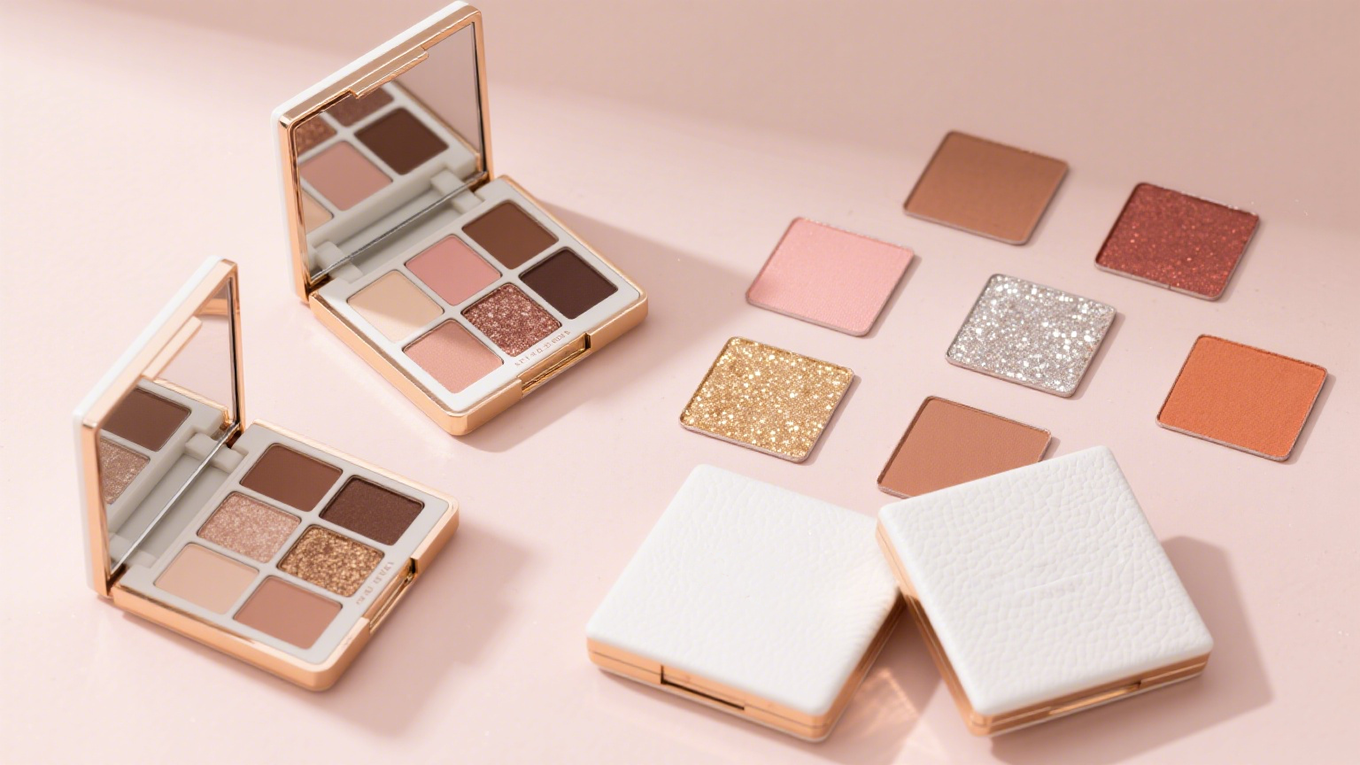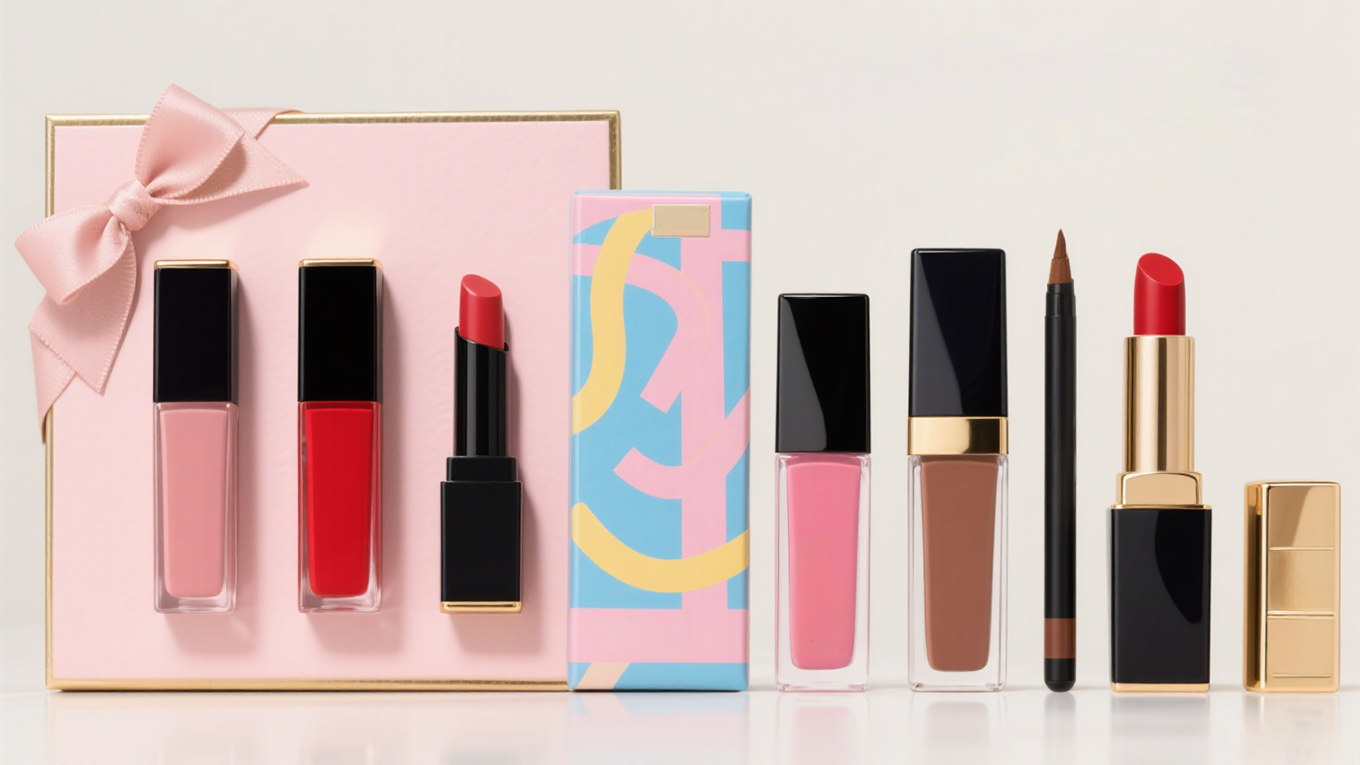The global beauty industry is booming, and private label cosmetics have become one of the most effective ways for entrepreneurs to enter the market without overwhelming costs or years of product development. However, the success of your brand relies heavily on selecting the right private label cosmetics manufacturer. At ZM Beauty Supply, we know how critical this decision is—your manufacturer determines not only the quality of your products but also the trust your customers place in your brand.
In this detailed guide, we will explore the essential factors you should consider when selecting a private label cosmetics manufacturer, the challenges you may face, and the strategies to ensure long-term success.
Why Choosing the Right Manufacturer Matters
Your manufacturer is the backbone of your business. They provide the products you sell, and their ability to meet deadlines, ensure consistent quality, and offer customization will directly influence your reputation. A poor choice could lead to low-quality products, compliance issues, or supply chain disruptions. On the other hand, the right partner can help you scale confidently, adapt to trends quickly, and build a trustworthy beauty brand.
Product Quality and Safety
The first and most critical factor is product quality. In the cosmetics industry, consumers demand safe, effective, and reliable products. Poor-quality items can damage your reputation and even lead to legal issues.
- Testing & Certification: Ensure the manufacturer complies with global standards such as GMP (Good Manufacturing Practices), ISO certifications, or FDA/EU regulations depending on your target market.
- Ingredient Transparency: A reliable partner will provide detailed ingredient lists and be willing to disclose sourcing information.
- Performance Testing: Request samples and test them for performance, texture, pigmentation, longevity, and user experience.
High-quality products form the foundation of brand trust, making this the most important consideration.
Minimum Order Quantities (MOQs)
Private label manufacturers often have minimum order requirements, which can impact your budget and inventory management.
- Small-Batch Flexibility: If you’re a startup, look for a manufacturer with lower MOQs so you can test the market without overcommitting.
- Scalability: Ensure the manufacturer can handle larger production runs as your brand grows.
- Cost Balance: While lower MOQs may cost more per unit, they reduce risk and allow flexibility in experimenting with new products.
Choosing the right MOQ balance ensures you can scale steadily without unnecessary financial strain.
Customization Options
One of the advantages of private labeling is the ability to make products feel unique to your brand. A good manufacturer should provide customization opportunities such as:
- Packaging Design: From sleek minimalistic bottles to luxurious gold-plated compacts, packaging is often what first attracts consumers.
- Labeling & Branding: Ensure they allow full customization of logos, color schemes, and typography.
- Product Variety: Check if they can accommodate different finishes (matte, satin, shimmer), shade ranges, or formulations (vegan, organic, cruelty-free).
The more flexibility you have in customization, the easier it is to differentiate your brand from competitors.
Regulatory Compliance
Cosmetics are heavily regulated in many regions. Failing to comply can lead to fines, recalls, or being banned from selling in certain markets.
- FDA Regulations: In the U.S., cosmetics must be safe and properly labeled. While FDA does not pre-approve most products, non-compliance can result in enforcement.
- EU Regulations: Europe has some of the strictest cosmetic regulations, requiring detailed safety assessments and registration with the Cosmetic Products Notification Portal (CPNP).
- Cruelty-Free & Vegan Claims: If your brand markets itself as cruelty-free, ensure the manufacturer does not conduct animal testing.
Working with a compliant manufacturer helps safeguard your business and builds consumer trust.
Production Capacity and Lead Times
As your brand grows, you need a manufacturer capable of scaling with you. Production delays or capacity limitations can hinder your expansion.
- Lead Time Evaluation: Ask about typical turnaround times for product development, packaging, and delivery.
- Seasonal Demand: Ensure they can handle peak seasons like holidays or special product launches.
- Global Logistics: Check if they can ship internationally and manage customs or import/export requirements.
A reliable partner will keep your supply chain efficient and adaptable to market changes.
Communication and Support
Strong communication is essential for smooth operations. Misunderstandings with your manufacturer can lead to costly mistakes.
- Dedicated Account Managers: Having a single point of contact makes communication more efficient.
- Responsiveness: Choose a partner that answers inquiries promptly and provides clear updates.
- Problem-Solving: Manufacturers should be proactive in addressing issues, from production delays to ingredient substitutions.
A supportive manufacturer becomes more than just a supplier—they become a partner in your brand’s success.
Innovation and Trend Responsiveness
The beauty industry evolves rapidly, and trends shift constantly. A good manufacturer should help you stay ahead.
- New Product Development: Some manufacturers continuously develop new formulations, allowing you to quickly introduce trending products like lip oils, tinted moisturizers, or earth-tone palettes.
- Market Insights: Industry-savvy partners often provide insights into consumer preferences and upcoming trends.
- Sustainability Focus: Increasingly, consumers demand eco-friendly packaging and clean formulations. Manufacturers with sustainable practices can give your brand a competitive edge.
Pricing and Profitability
Cost plays a major role in your decision. However, the cheapest option is not always the best.
- Unit Cost: Compare per-unit prices across manufacturers while considering quality and customization.
- Hidden Fees: Ask about setup fees, packaging charges, or labeling costs.
- Long-Term Profitability: Consider your retail pricing strategy—choosing slightly higher-quality products can allow you to sell at premium prices.
Your goal should be to balance cost efficiency with maintaining brand value and consumer trust.
Reputation and Reviews
Researching a manufacturer’s track record is just as important as evaluating their offerings.
- Client Testimonials: Look for reviews from other brands that have worked with them.
- Industry Experience: Established manufacturers often have years of proven expertise in different markets.
- Case Studies: Request examples of successful partnerships or brands they’ve supported.
A trusted manufacturer with a solid reputation will provide peace of mind and reduce the risk of business setbacks.
Choosing the right private label cosmetics manufacturer is one of the most critical decisions for any beauty entrepreneur. From ensuring product quality and compliance to evaluating customization options and communication, every factor plays a role in building a strong and reliable brand.
At ZM Beauty Supply, we believe that success begins with a trusted manufacturing partner. By prioritizing quality, flexibility, compliance, and innovation, we help businesses of all sizes transform their ideas into thriving beauty brands. Whether you are just starting your journey or expanding an existing line, partnering with the right manufacturer is the foundation of long-term growth.



